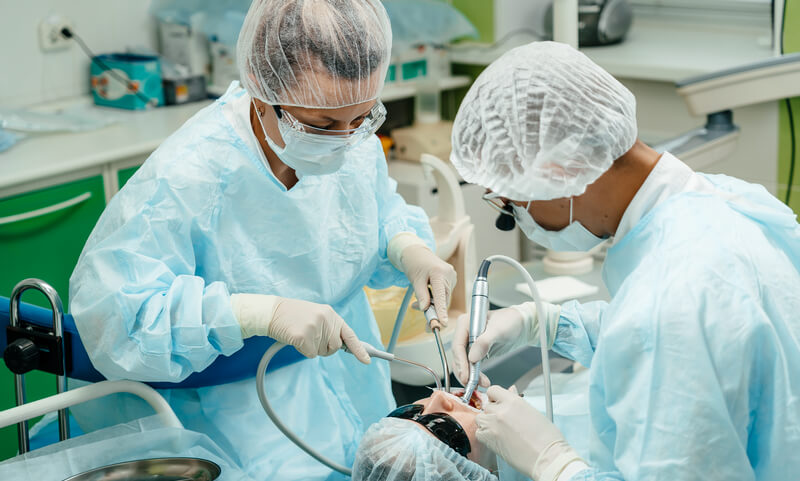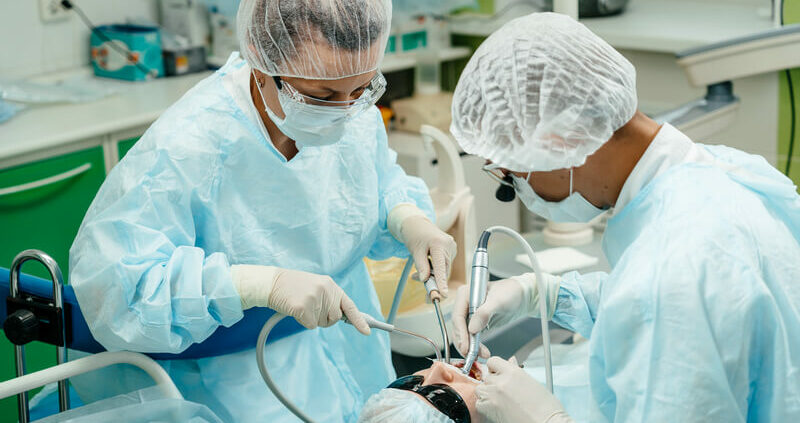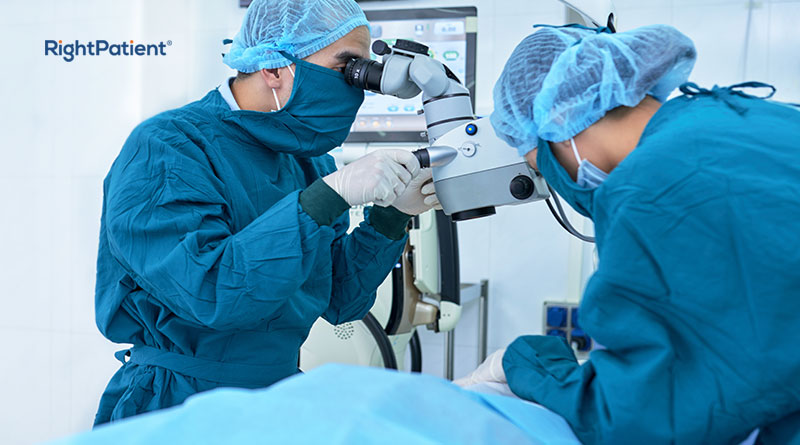The Importance of Pre-Procedure Preparations for Patients

The following post on patient safety in healthcare was submitted by Ian Pearson.
Too often, in this age of modernization, the human element is given short shrift. Machines build our automobiles, sew our clothes and harvest our crops. Society has decided that economy and efficiency are vital for our needs and, in most cases jobs can be done better and faster by taking humans out of the equation.

The damage to mental and emotional states can have a huge effect on procedural success and post-operation recovery.
That simply doesn’t work with health-care.
Automation works well in some fields, but it is severely lacking when it intersects with common human frailties and fears. Nowhere is this more discernable than the interaction of patients and care givers. As the pressure rises within the medical community to see more patients in less time, the patients are the ones who suffer. Not just physically, but the damage to mental and emotional states can have a huge effect on procedural success and post-operation recovery.
Simply put, people aren’t machines and they need additional care.
For most people, especially those who are not familiar with medical procedures, any kind of operation is a frightening and mysterious ritual where they have to put their physical well-being in the hands of a near-total stranger. When that person doesn’t have the time to explain – in detail – what the operation will do, the benefits that will come from the operation and the risks inherent in all surgical procedures the patient is already starting from a position of emotional weakness.
Unfamiliarity with surgical procedures when combined with obvious apprehension can make communication from the patient to the caregiver difficult. It is the doctor’s job to recognize this apprehension, to take it into account when explaining the procedure and to ensure that the patient understands all of the ramifications of what is happening
Sometimes it means holding the patient’s hand.
Clear communication and obvious empathy will go a long way towards making surgical procedures successful and make the patient feel that they aren’t just another product on an assembly line. Dehumanization is a real risk when it comes to medicine. Preventing it should be one of the top priorities for any caregiver. Especially since it can be corrected easily and quickly by keeping in mind just how frightening and mysterious these procedures are for the average patient.
Quality healthcare begins with the first visit, before any medicine is practiced, by humanizing the patient and treating them with all of the dignity and respect they should expect. Talking with them, making their concerns important and not shutting them out of all aspects of the decision making process should be the mantra of all caregivers.
It’s easy to forget that the patient is the most important part of any procedure.
From the patient’s point of view, much of the knowledge displayed by doctors is foreign. Most people do not have a medical background to fall back on when procedures are being explained to them and don’t understand the importance of different steps in the procedure, let alone talking about pre-procedural and post-procedural preparation. For most of us, once the operation is successfully over, the patient is fixed, cured or relieved of whatever ailment brought them in to the doctor’s office in the first place.
We understand, on a logical level, that there is more that needs to be done, but, emotionally, we have come through the worst of it and we will be fine going forward. One of the caregiver’s jobs is explaining that this attitude can be detrimental to the long-term healing that comes after any surgical procedure. No matter how minor an operation is, it is traumatic to the human body and there will be long-term effects from it.
Caring for this emotional side is as important as keeping the surgical instruments clean and should be taken into account when looking for a doctor to perform any procedure that you need or want done. Emotional and physical preparation – with facts, procedures and empathy – is much more important to the patient than to the doctor. A surgeon may have performed hundreds of open heart surgeries, for example, but few patients go through it more than once. The patient is much more frightened than the doctor is, believe me.
As the rate of non-critical surgical procedures rise, it becomes even more important for healthcare personnel and patients to be on the same page. As plastic surgeons in Sydney put it, dispelling misconceptions and fully explaining the risks and benefits of your procedure should be the top priority for all healthcare professionals.
Preparing yourself for the medical preparation.
As a patient, your emotional security is as important as your physical health. When looking for a doctor or hospital to conduct a medical procedure you should feel comfortable, informed and understood. You are not a cog in a great big machine; you are an individual with fears and worries that are unique to you. Finding medical support that empathizes with your concerns will go a long way toward making your procedure successful.
Without your understanding of what is happening, your procedure is much less likely to be successful.
Aside from primary area of interest and expertise in business consulting, Ian could be tagged also as a passionate sports fan, nature and photography enthusiast, always trying to keep up to date with tech innovations and development, with a particular interest in trying to master the fine art of Social intelligence.








I completely agree with the importance of pre-procedure preparations for patients. It is crucial for healthcare professionals to recognize and address the emotional and psychological concerns of their patients, not just their physical well-being. As you mentioned, clear communication, empathy, and patient-centered care can go a long way towards making surgical procedures successful. Patients should feel informed, comfortable, and understood throughout the process, and healthcare professionals should prioritize the emotional security of their patients. In the end, this can lead to better outcomes and a more positive experience for all involved. It’s great to have a diverse range of passions and hobbies outside of work. It can help with personal growth and provide a much-needed break from the stresses of daily life. Social intelligence is also an important skill to have, especially in business consulting, as it involves the ability to understand and navigate social situations effectively.